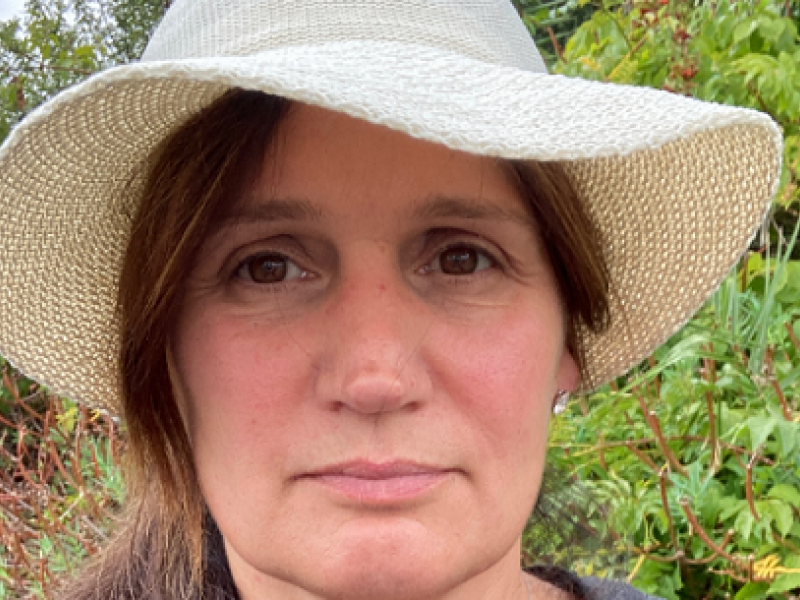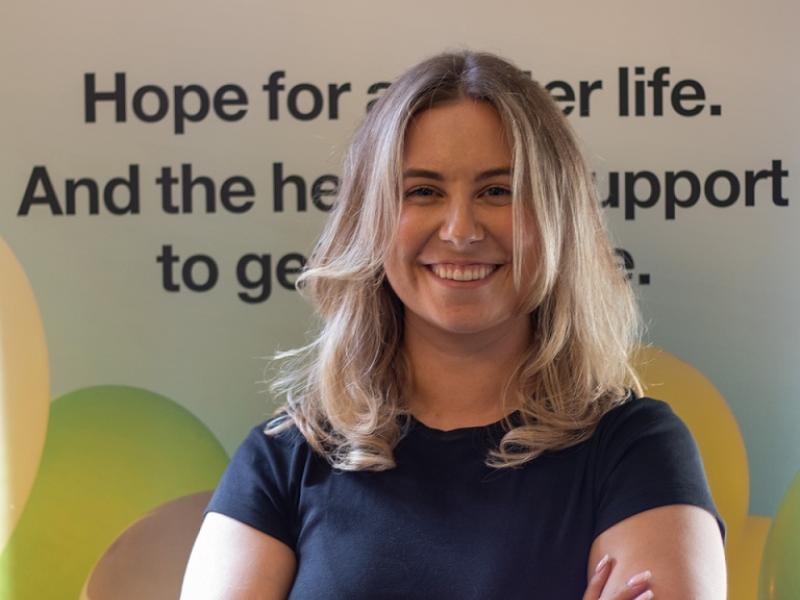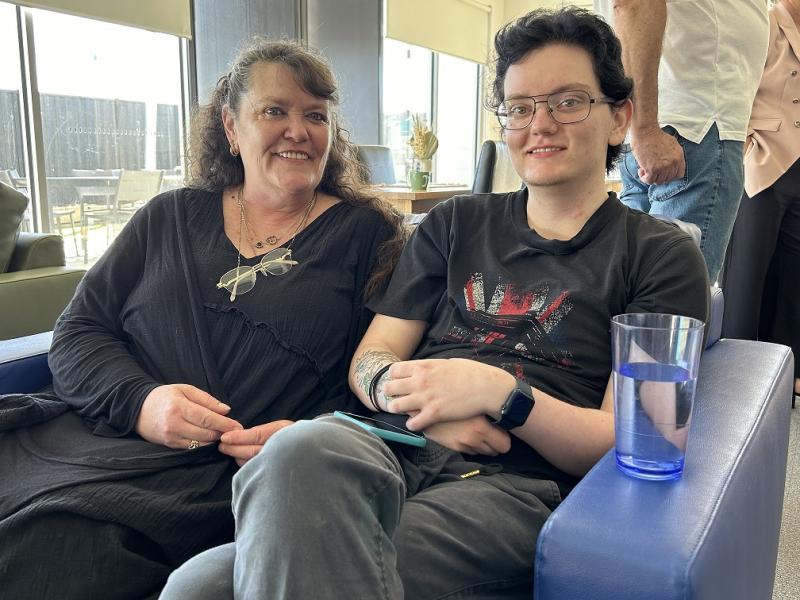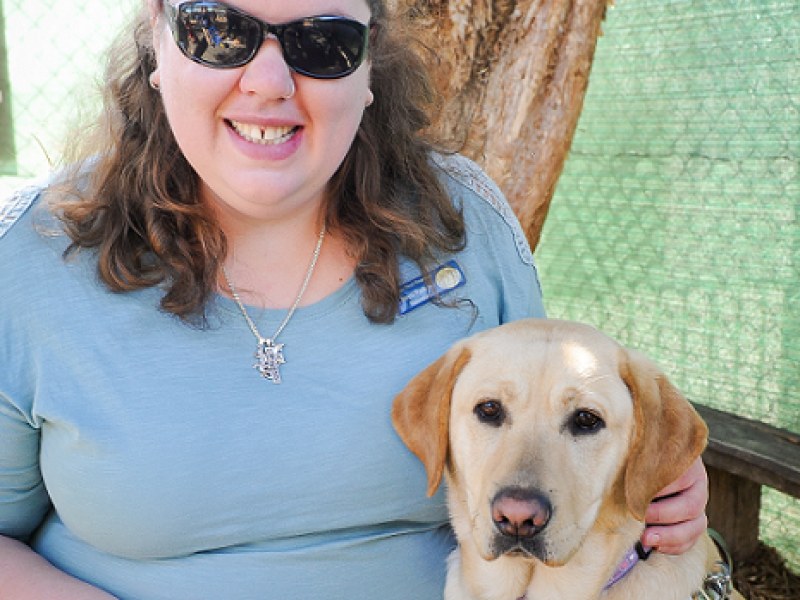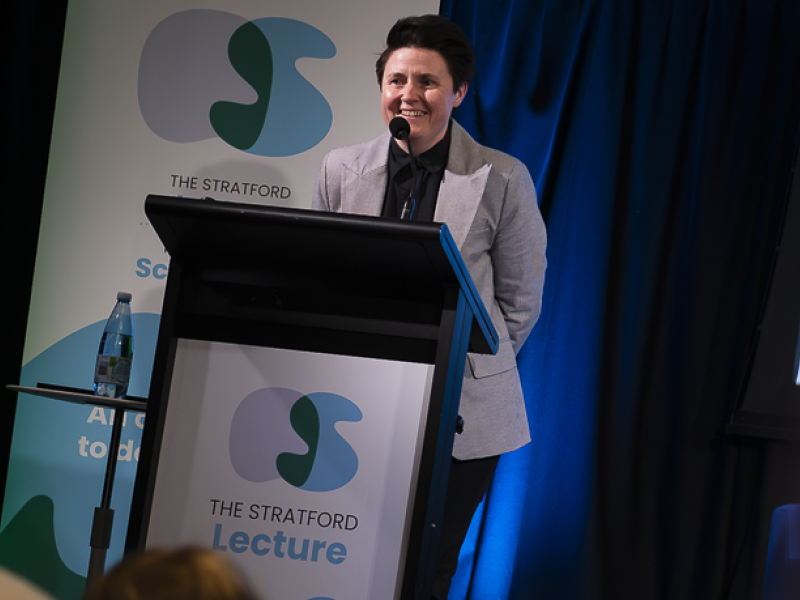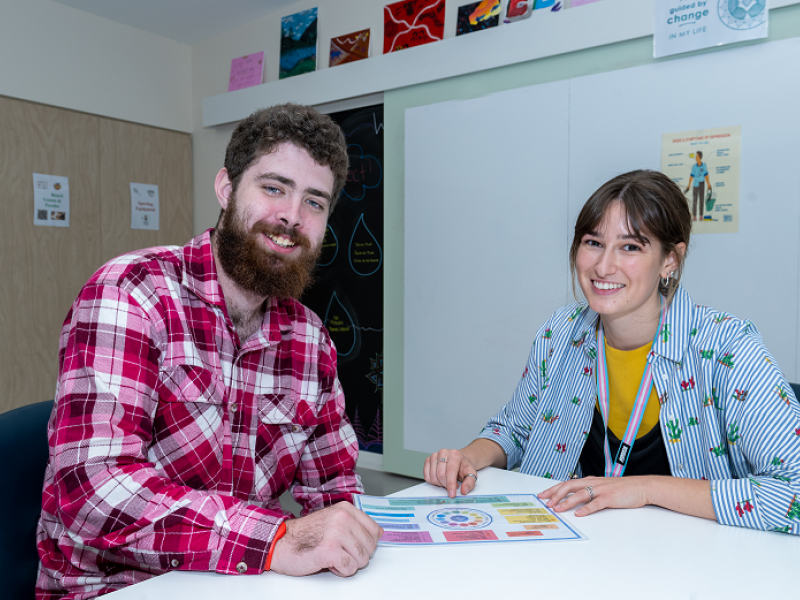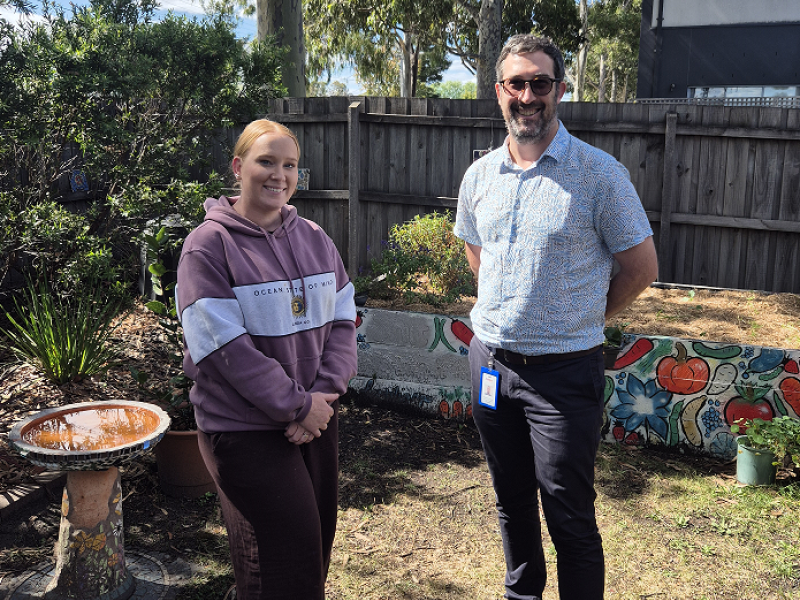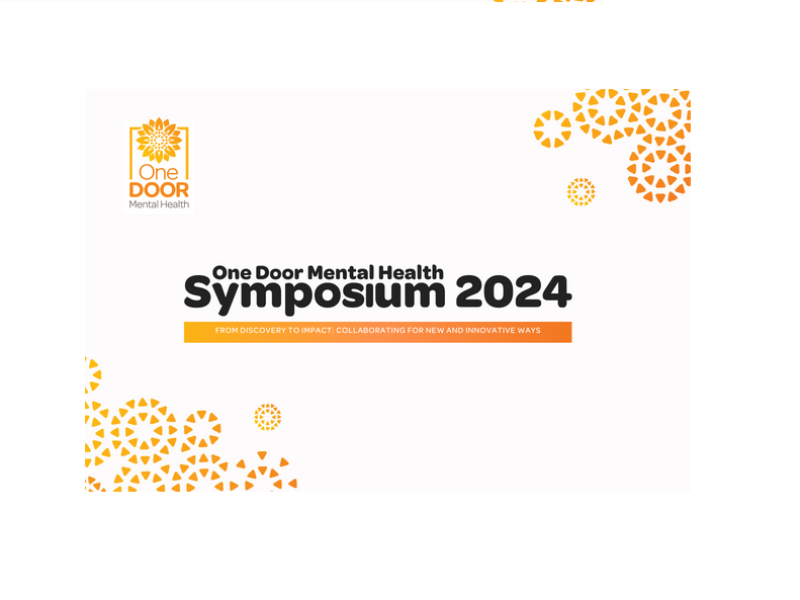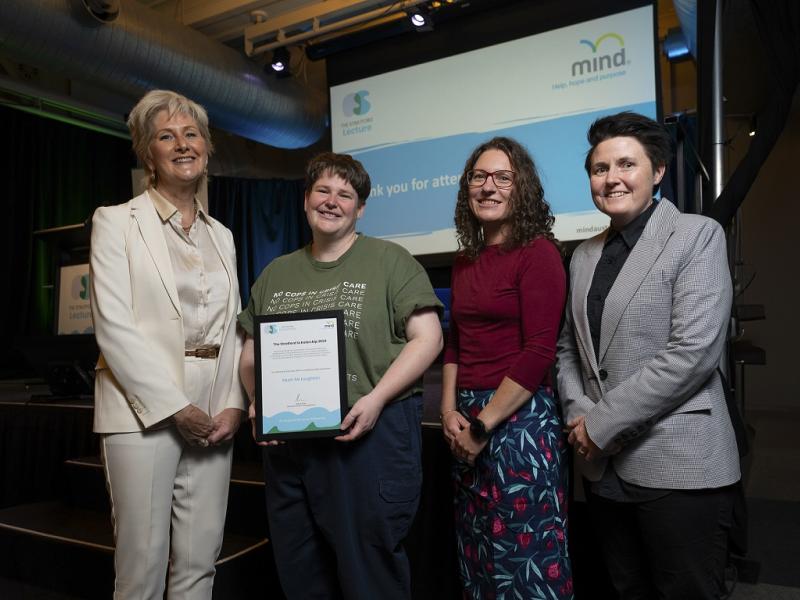When Spresa reached out to Mind Australia for support she was struggling with self-confidence, anxiety and stress.
On top of this, Spresa says her family were experiencing health challenges and her relationships with other members of the family had deteriorated.
The 50-year-old reached out to Partners in Wellbeing for support to deal with these issues, and was referred to her local Mind-managed Mental Health and Wellbeing Hub in Bendigo.
These Hubs, first funded by the Victorian government in 2021, act as a ‘front door’ service to the mental health system to provide Victorians of all ages with faster access to mental health support.
Spresa worked on recovery-orientated strategies with the support of Mind community mental health and peer practitioners. These strategies focused on how to handle loss and rebuild self-confidence so that she could better cope with her anxiety and stress.
Spresa said being able to connect with a Mind peer worker – a qualified mental health practitioner who has their own lived experience of mental ill-health – helped her recovery journey because she could relate to their shared experiences.
“My peer support worker Dave has been instrumental in getting me back into work and also maintaining a sense of balance in recent times with my very ill father,” she said.
“Dave finds a way to connect and is compassionate and empathetic, however he also challenges me to be the best version of me.”
Jason Marshall, the Lead Practitioner for the Bendigo Mental Health and Wellbeing Hub said the strategies helped Spresa to remain present in her thoughts.
“We addressed sleep hygiene, understanding Spresa’s core values and bringing them to the fore, and we provided a sounding board for her to express her issues in a safe space – providing strategies for these issues so that Spresa can keep herself grounded in the present rather than getting caught up in the future and hypothetical scenarios,” he said.
“Over a period of months with regular contact and conversations, Spresa felt confident to step out and work through life under her own steam and she had the confidence to have a crack at life again.”
In some services, Mind uses the Kessler 10 evaluation questionnaire to measure a client’s levels of psychological distress. This is done by asking clients about their levels and frequency of nervousness, agitation, psychological fatigue and depression when they first come to a service, and then asking the same questions at the end of their support.
When Spresa first contacted Mind she was registering scores in the high-to-mid 20s, out of a total of 50.
Now, Spresa’s score is 12 out of 50, and she has started revisiting the things that previously gave her joy in life.
Spresa has also identified ways to manage “the noise” caused by the fractured relationships within her family.
“Spresa has embraced a lot of things from these discussions and carries them forward into her work and is passionate and motivated to help disenfranchised members of society secure employment,” Jason said.
“When you talk to her about the work she is doing, she is very proud of her transformation and what she has been able to achieve.”
Find out more about the Mental Health and Wellbeing Hubs or call 1300 375 330.
If this article raises concerns for you, please call Lifeline on 13 11 14. Aboriginal and Torres Straits Islanders can also call 13 YARN (13 92 76) a 24/7 national crisis support telephone service staffed by Aboriginal and Torres Strait Islander peoples.
If you would like more information, please contact us.
1300 286 463
[email protected]
